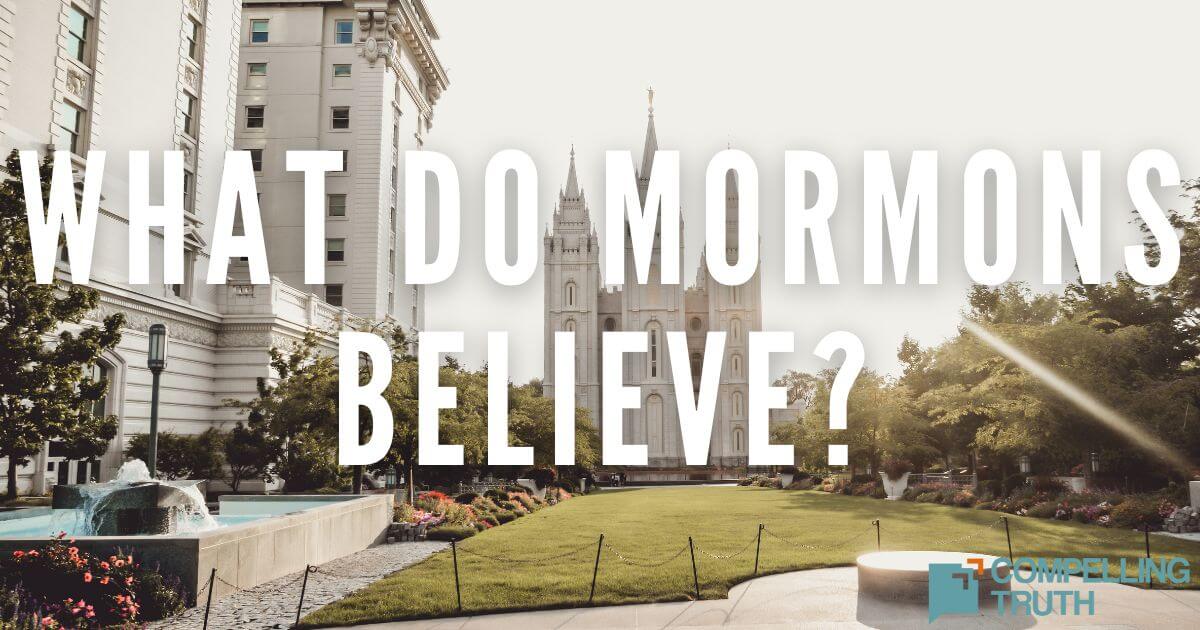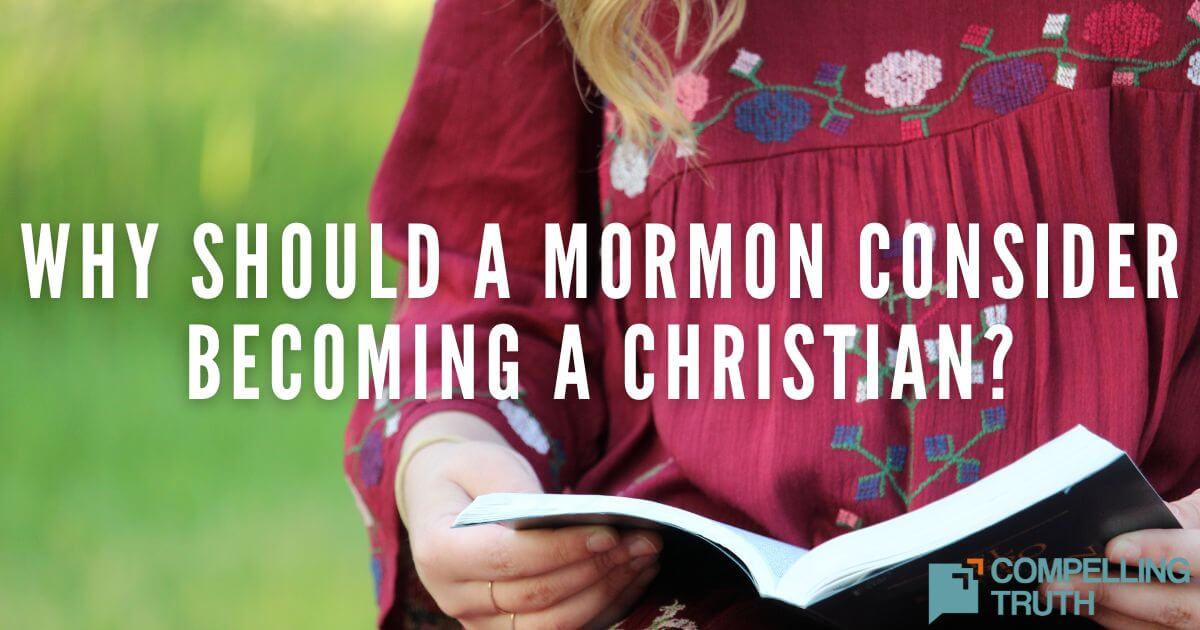what does the bible say?
The Bible consistently emphasizes that salvation is found in Jesus Christ alone, who is fully God and fully man (John 1:1, 14). This foundational truth directly opposes the RLDS teaching that Jesus is “of God” but not one with God. Scripture declares that Jesus is God incarnate, sent to redeem humanity through His sacrificial death and resurrection (Colossians 1:15–20; John 8:58). The RLDS, like the broader Mormon tradition, denies this essential doctrine. Additionally, the RLDS reliance on personal spiritual experiences and works-based salvation contradicts biblical teaching. Salvation is a free gift of grace through faith, not achieved by human effort or subjective experiences (Ephesians 2:8–9; Titus 3:5). The Bible calls believers to trust in Christ’s finished work on the cross as the only means of reconciliation with God (Romans 5:8–10).




